Data is the world's most valuable resource. It's all around us. People generate data through devices and applications that they use, whereas companies generate vast amounts of data within all their business units.
But only less than 0.5% of the world's data is analyzed, because the majority of it remains locked. GDPR and data privacy are topics that took the center stage since Facebook's "Cambridge Analytica" scandal and most recently John Oliver's episode on "Data Brokers" proved how our data is being used and monetized by large multi-national corporations.
But is ALL data sensitive? Most definitely not. The "secrets" that everyone thinks lie within data are not really there - it's economic value that lies untapped! A person's individual, sensitive data is in fact not really useful. What's useful is aggregated data (massive amounts of data) that can predict trends - that's why Google's AI-algorithms are the most successful, they simply have the most input! Opening and publishing data can lead both to innovation and also solve some of the world's biggest problems. Opening data proved to create economic value (e.g. Transport for London or "Goldcorp Data Challenge" in the billions of dollars). Companies should be more approachable to publish some of their non-sensitive data. I mean, they could even charge for it! Right now, they're missing the tools and financial incentive to publish and monetize data.
On another note, Tesla's self-driving algorithms are successful, because Tesla has the most driving data among all car companies. Are they incentivizing their drivers? Not really. Riddle & Code developed a DeFi staking wallet connected to Tesla cars that pays users for pooling their driving data (i.e. creating a "Data Union"). The data is then collectively tokenized and sold on Web3 data markets, such as Ocean Protocol.
This brings us to the solution for providing the financial incentive to companies to OPEN their data and users to SHARE their data. Web3 provides us the opportunity to exchange, value and monetize any asset with the help of tokens. We've seen this in 2017 during the ICO-craze, where companies were "tokenized" and also most recently with NFTs and a digital art tokenomy. In our opinion, the most promising Web3 narrative is in fact tokenizing data and intellectual property in general. One Web3 player making data a "liquid asset" is Ocean Protocol that provide the opportunity for participants to tokenize datasets and use existing DeFi infrastructure to incentivize companies to publish their data. For the first time, companies receive the financial incentive to publish their data and can also fairly value data on an open market, where "Datatokens" determine the price of the dataset based on principles of supply & demand. In turn, they can also use their Datatokens to re-pay those that have contributed to the dataset. A company called Swash have tokenized consumer browsing data on the Ocean Data Market and re-pay part of the proceeds to the users that generated the data (via a browser plugin).
ERC20 Datatokens make data a liquid asset. Instead of buying shares in a company now, you can now own a share in a company's "data" with the help of Web3 technology. There's much more to this topic that is impossible to explain in one post, but we are happy to receive your feedback on the concept.
[link] [comments]

You can get bonuses upto $100 FREE BONUS when you:
💰 Install these recommended apps:
💲 SocialGood - 100% Crypto Back on Everyday Shopping
💲 xPortal - The DeFi For The Next Billion
💲 CryptoTab Browser - Lightweight, fast, and ready to mine!
💰 Register on these recommended exchanges:
🟡 Binance🟡 Bitfinex🟡 Bitmart🟡 Bittrex🟡 Bitget
🟡 CoinEx🟡 Crypto.com🟡 Gate.io🟡 Huobi🟡 Kucoin.


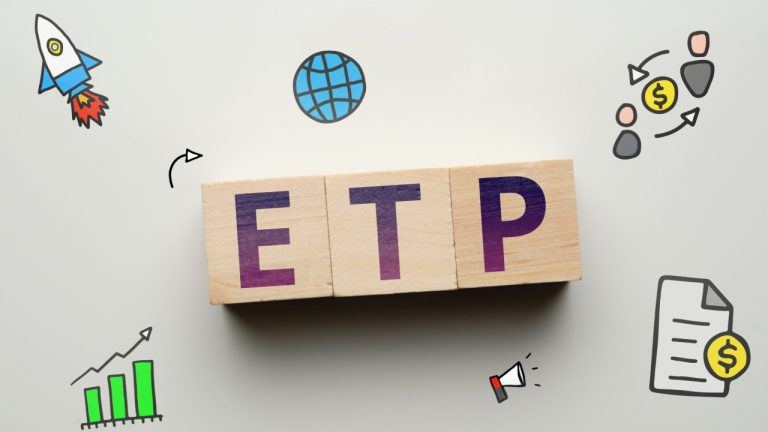

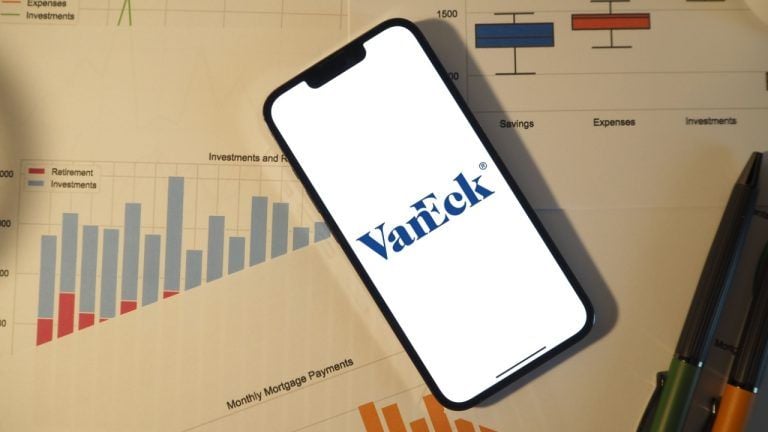
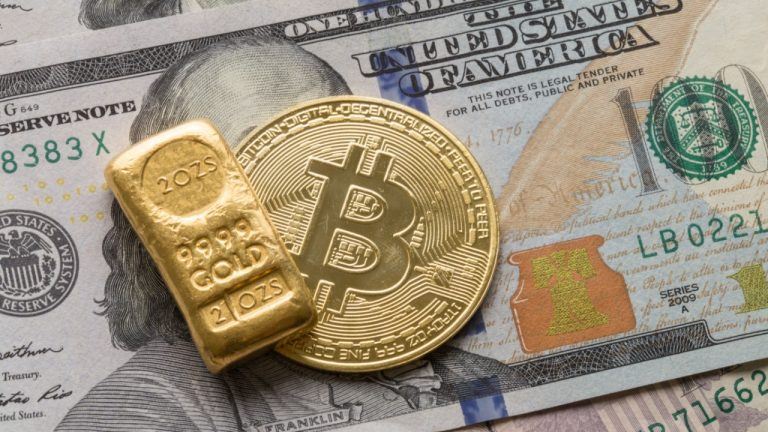
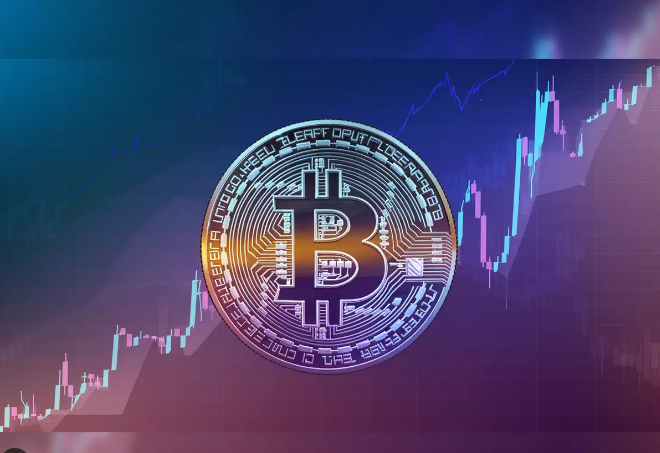
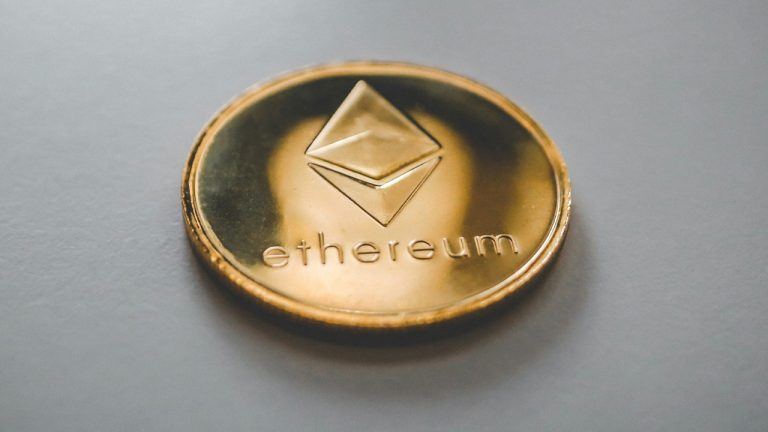




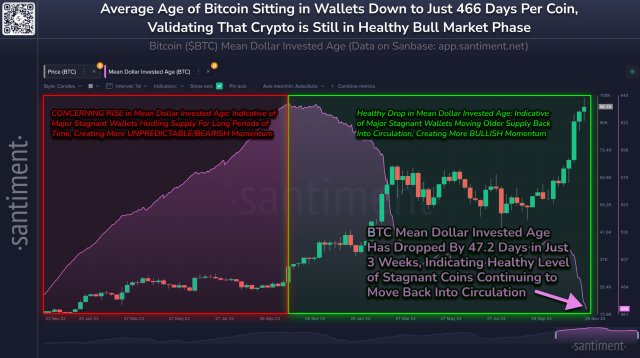
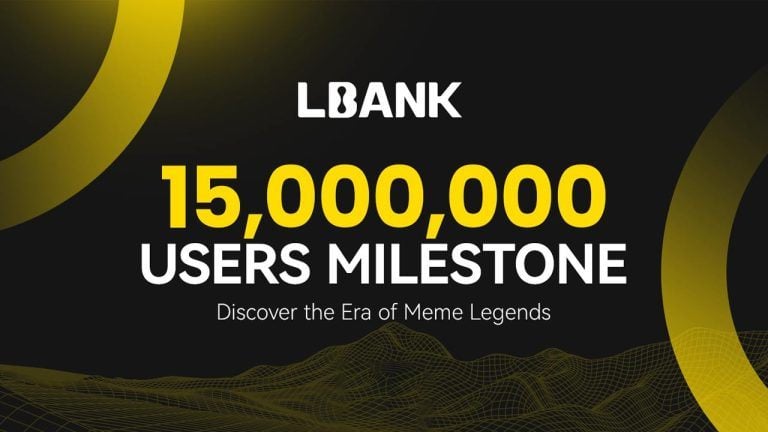

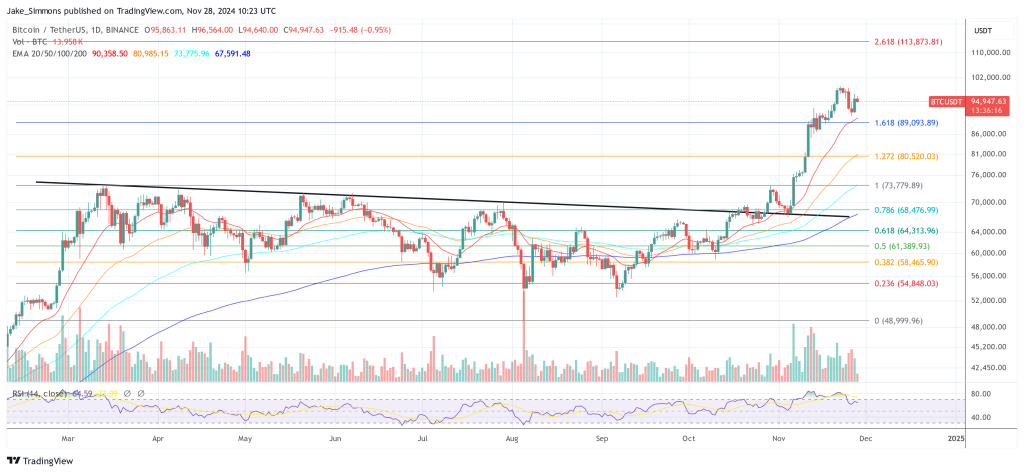

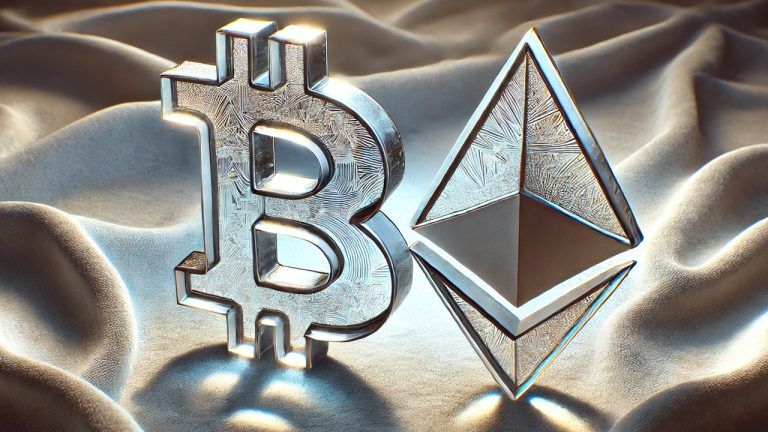
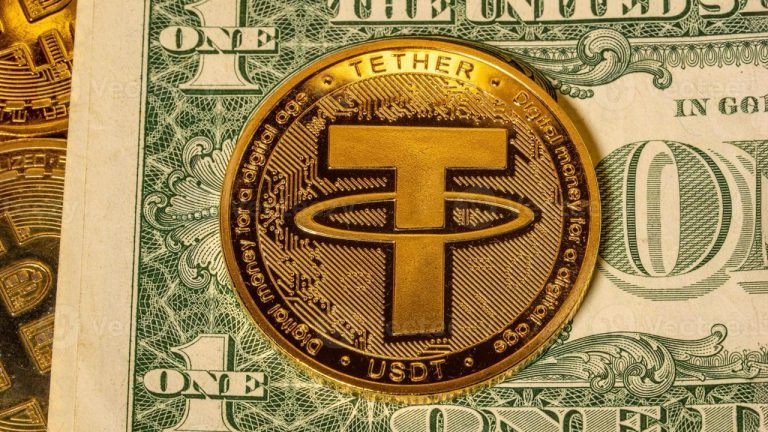

Comments